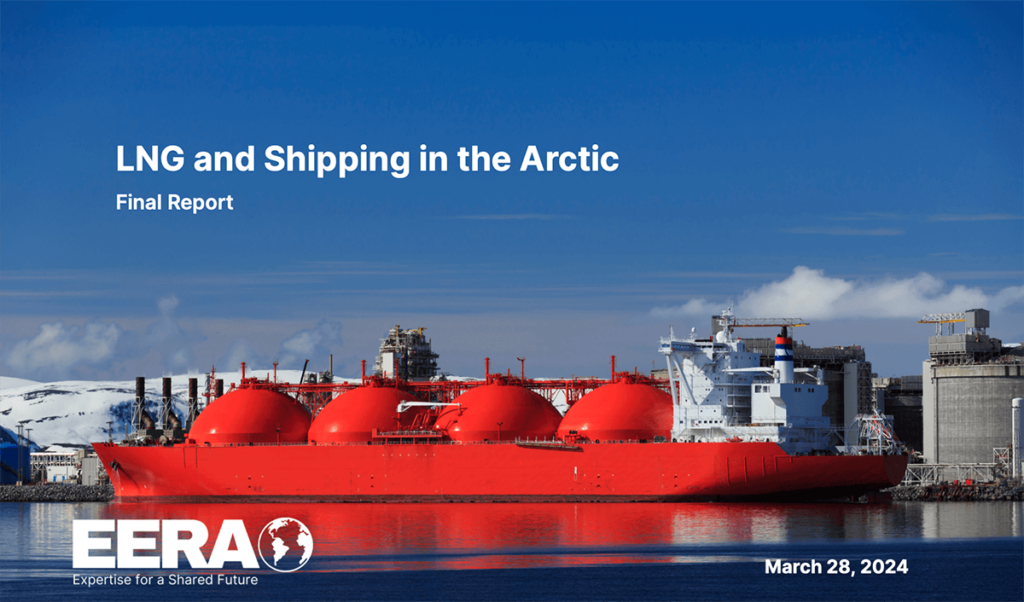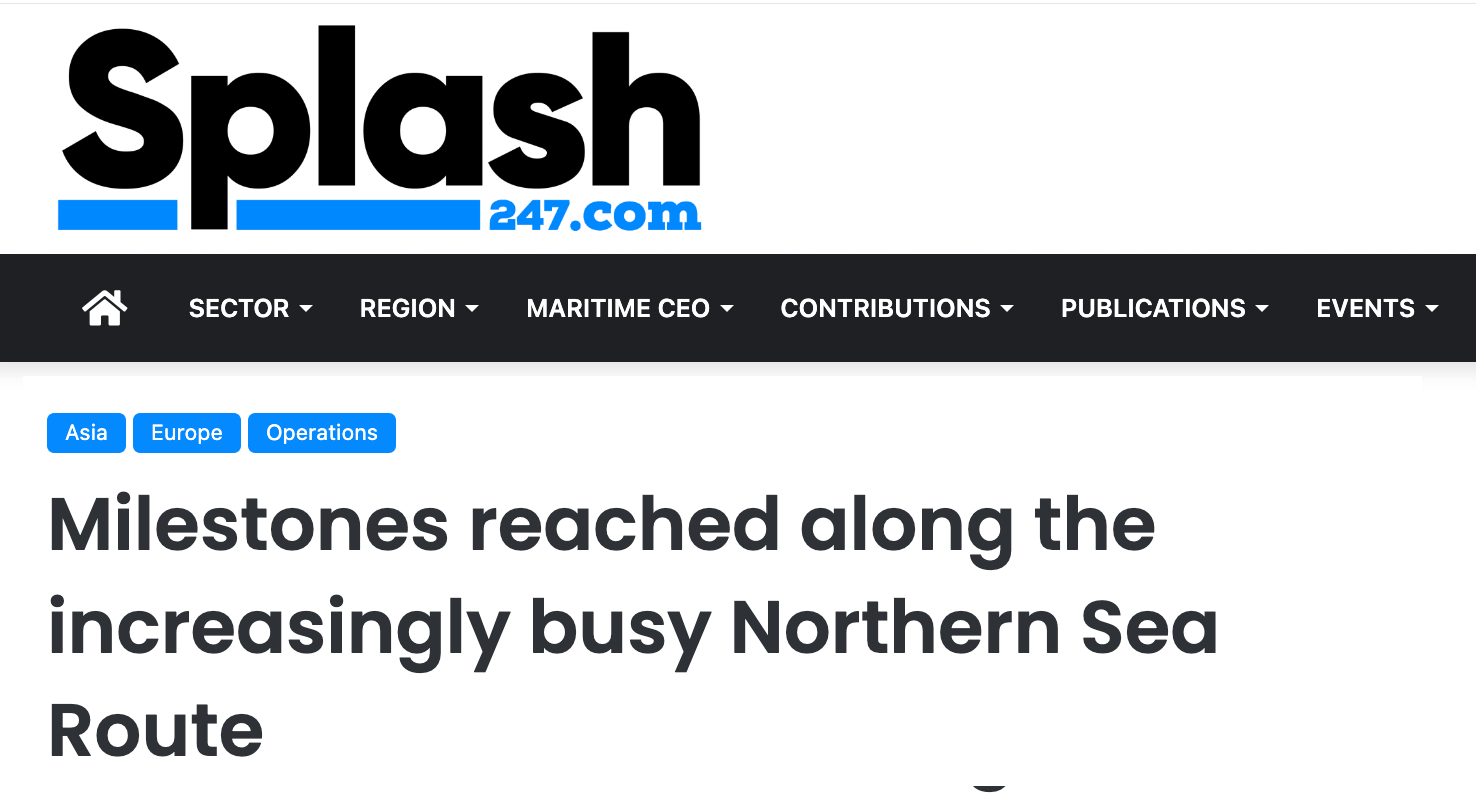
11 April, 2024:- Ahead of a ban on use and carriage of heavy fuel oil – shipping’s dirtiest fuel – in the Arctic coming into force this July, the Clean Arctic Alliance shares two reports, both of which explore the future potential impacts on our climate from the extraction and use of liquified natural gas (LNG) for fueling the shipping industry.
“Dangerous waters lie ahead for Arctic states as they navigate the implementation of the forthcoming July 1st Arctic ban on the use and carriage of highly polluting heavy fuel oil”, said Dr Sian Prior, Lead Advisor to the Clean Arctic Alliance.
“LNG’s lower carbon content compared to conventional marine fuels means that it is often mistakenly considered as a climate friendly alternative fuel. However, LNG mainly consists of the potent greenhouse gas (GHG) methane and the global warming impact is more than 80 times that of an equivalent amount of CO2 – so when LNG’s entire supply chain is considered – including significant methane emissions from extraction, storage, transport and use in ships’ engines, the overall impact in many cases is no reduction in greenhouse gas emissions at all, but in fact an increase”, said Prior.
The reports ‘LNG and Shipping in the Arctic‘, by Energy and Environmental Research Associates on behalf of the Clean Arctic Alliance and ‘The Status and Future Projections of LNG Production and Use in the Russian Arctic’ – by Clean Arctic Alliance member Bellona, both point to increasing LNG production and use, and a glimpse into how the extraction and use of fossil gas could dominate the Arctic shipping seascape for decades.
“As Arctic shipping moves away from heavy oil-based fuels and towards cleaner energy sources, investors must come to grips with the stark fact that LNG is still a fossil fuel and not a solution for reducing shipping’s impact on global heating”, said Andrew Dumbrille, Advisor to the Clean Arctic Alliance, in a blog titled Saying No To LNG Now Could Avoid Decades Of Continued Fossil Fuel Use. “This month’s Earth Day – and the impending HFO ban are perfect opportunities to tack and jibe the Arctic shipping fleet away from a voyage plan that includes LNG.”
“Eliminating the use of heavy residual fuels, reducing black carbon emissions and choosing distillate fuels along with investment in energy efficiency and wind are clear short and long term winners to meet climate and sustainability targets without locking in potent climate-forcing LNG fossil fuel infrastructure for 30 more years”, said Dumbrille.
Read:
- Saying No To LNG Now Could Avoid Decades Of Continued Fossil Fuel Use
- LNG and Shipping in the Arctic
- ‘The Status and Future Projections of LNG Production and Use in the Russian Arctic
ENDS
Contact:
Dave Walsh, Communications Advisor, [email protected], +34 691 826 764
About the Clean Arctic Alliance
Made up of 23 not-for-profit organisations, the Clean Arctic Alliance campaigns to persuade governments to take action to protect the Arctic, its wildlife and its people.
Members include: Alaska Wilderness League, Bellona, Clean Air Task Force, Ecology and Development Foundation ECODES, Environmental Investigation Agency, Equal Routes, Eurasian Wildlife and Peoples, Friends of the Earth US, Global Choices, Green Global Future, Green Transition Denmark, Greenpeace, Iceland Nature Conservation Association, International Cryosphere Climate Initiative, Nature And Biodiversity Conservation Union, Ocean Conservancy, Pacific Environment, Seas At Risk, Surfrider Foundation Europe, Stand.Earth, Transport & Environment, WWF and Zero.
More more information visit https://www.cleanarctic.org/



